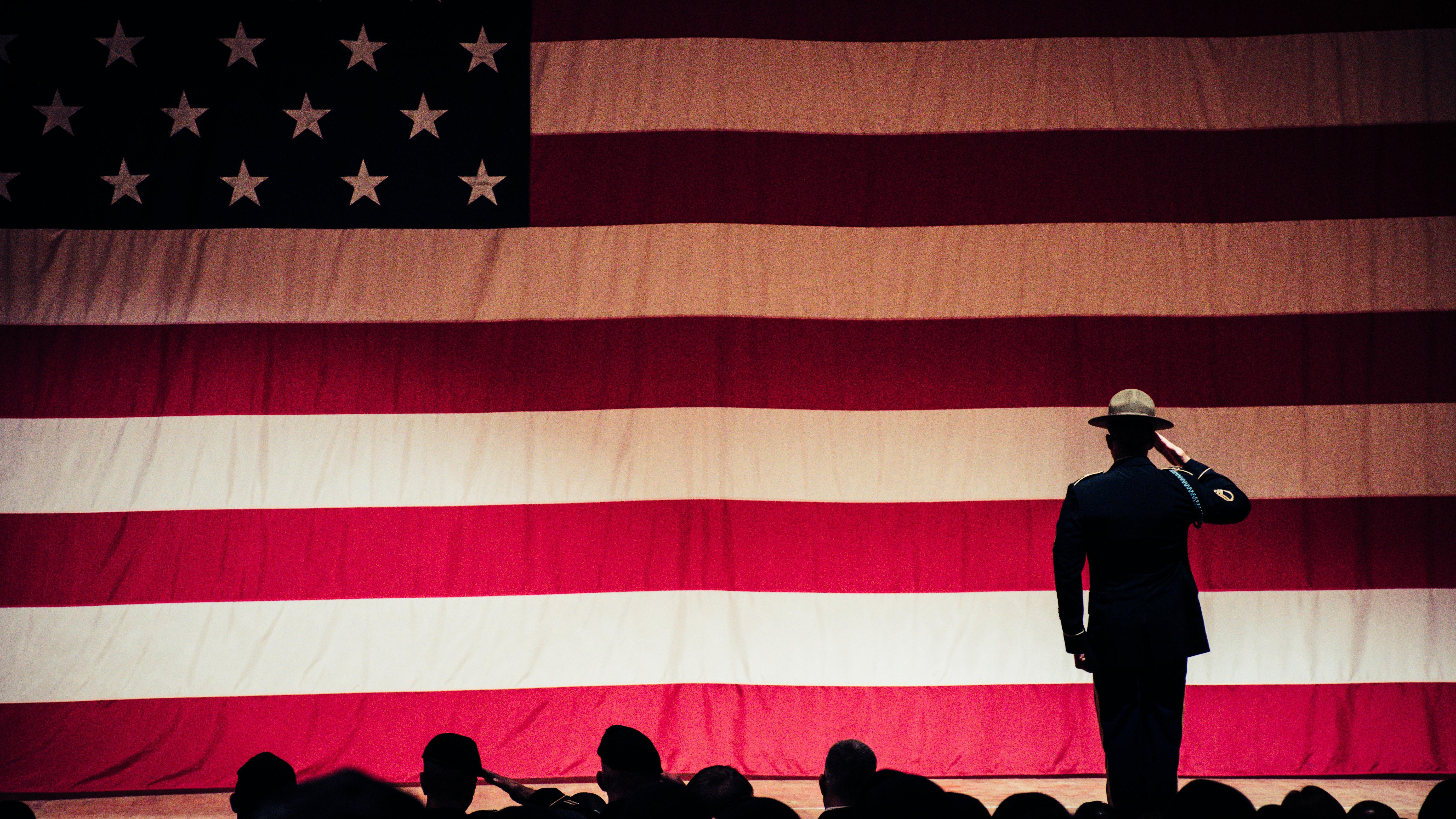
The Third Circuit's Decision: A Deeper Look
The recent ruling by the Third Circuit against a bid by American Airlines pilots to revive their military leave class action highlights significant challenges in the realm of employee rights during military service. The pilots claimed they were denied compensation during their military leave, a case that was decertified earlier this month. The court's final say means that, for now, these pilots will not receive the benefits they sought, potentially impacting many in similar situations.
Understanding the Military Leave Policies
Under the Uniformed Services Employment and Reemployment Rights Act (USERRA), employees who serve in the military are entitled to certain rights that protect their jobs and ensure they can return to their positions after service. Previous rulings had established that employers must treat military leave comparably to other forms of leave when pay is offered, yet the Third Circuit’s latest ruling leaves room for interpretation about what constitutes 'comparable leave.'
The Broader Implications for Employers
This decision brings to light the need for employers to closely examine their military leave policies. Companies often craft leave policies that align more closely with discretionary benefits than with hard legal obligations. As labor laws evolve, especially around military leave and pay transparency, compliance risks grow for firms that do not make these benefits clear and accessible to employees. Marks of good compliance practice include clear communication on pay policies during leave and additional training for HR personnel on employment regulations.
Shifts in Labor Law: Employment Regulations under Scrutiny
With this ruling, businesses must note potential shifts in labor laws, particularly regarding military leave. As more employees, including those in HR compliance and legal counsel roles, advocate for fair treatment and transparency, organizations could face increased scrutiny over how they balance employee rights against operational constraints. This broader context compels employers to re-evaluate their labor practices in light of existing laws, specifically concerning how military personnel are compensated during their time away.
Legal representatives and HR compliance officers should keep a watchful eye on how evolving attitudes toward military leave may influence future court decisions and legislative actions. Understanding these dynamics will help organizations remain proactive in updating their policies and ensuring compliance with emerging labor laws.
Conclusion: Fostering a Culture of Understanding
As the Third Circuit's decision concludes this chapter for the American Airlines pilots, it opens a doorway to discussions about the broader treatment of military personnel within the workforce. The nuances of HR compliance, especially as they pertain to military leave and labor laws, remain critical areas for corporations to address. Employment attorneys and HR professionals should continue advocating for transparency, fair compensation, and policy updates to protect the rights of all employees, including those who serve their country.
 Add Row
Add Row  Add
Add 




Write A Comment